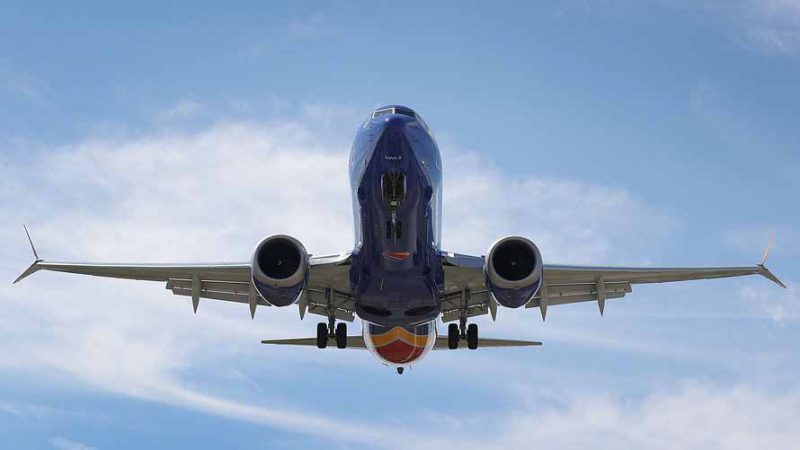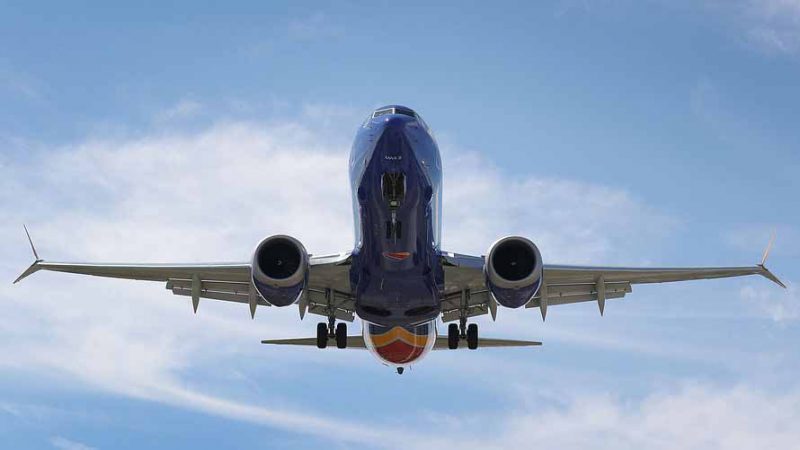New Disclosure: Boeing Admits 737 Max AOA Alert Omission
Conflicting Angle of Attack sensor data may have played a role in recent fatal crashes
May 6, 2019


Boeing admitted yesterday that it had inadvertently made an alarm feature optional rather than standard on its 737 Max aircraft, an oversight the aircraft manufacturer said it knew about a year before two fatal crashes. Known as the Angle of Attack Disagree alert, the feature is designed to let pilots know if two sensors are reporting conflicting data.
In a statement, Boeing claimed it had intended to make this a standard system on the aircraft but only realized after deliveries had started that the feature was only included if airlines paid extra for it.
The company insisted that this did not affect the 737 Max’s safety, but it intended to fix the problem in a later software update, which it began working on after a Lion Air crash involving a 737 Max in October last year, in which 189 people were killed.
Five months later, an Ethiopian Airlines flight operated by the same model of aircraft crashed, killing 157 people. Investigations into both accidents found the pilots may have struggled to regain control of the aircraft after the Maneuvering Characteristics Augmentation System (MCAS) forced the nose of the plane down several times owing to erroneous AOA data.
Boeing maintains that the absence of the AOA Disagree alert “did not adversely impact airplane safety or operation.” At an earlier press conference, CEO Dennis Muilenburg said: “As in most accidents, there are a chain of events that occur. It is not correct to attribute that to any single item.”
The US Federal Aviation Administration (FAA) told Reuters that Boeing had not made it aware of the software issue until November 2018 – one month after the Lion Air crash. Although it said the problem was “low risk,” it added that Boeing could have helped to “eliminate possible confusion” by letting it know earlier.
The Chicago-headquartered airline manufacturer is facing a number of lawsuits waged mostly by families of passengers in the Ethiopian Airlines crash. If found responsible for both the Indonesia and Ethiopia crashes, Boeing could be looking at substantial damages, causing a complicated ripple effect in the airline industry.




